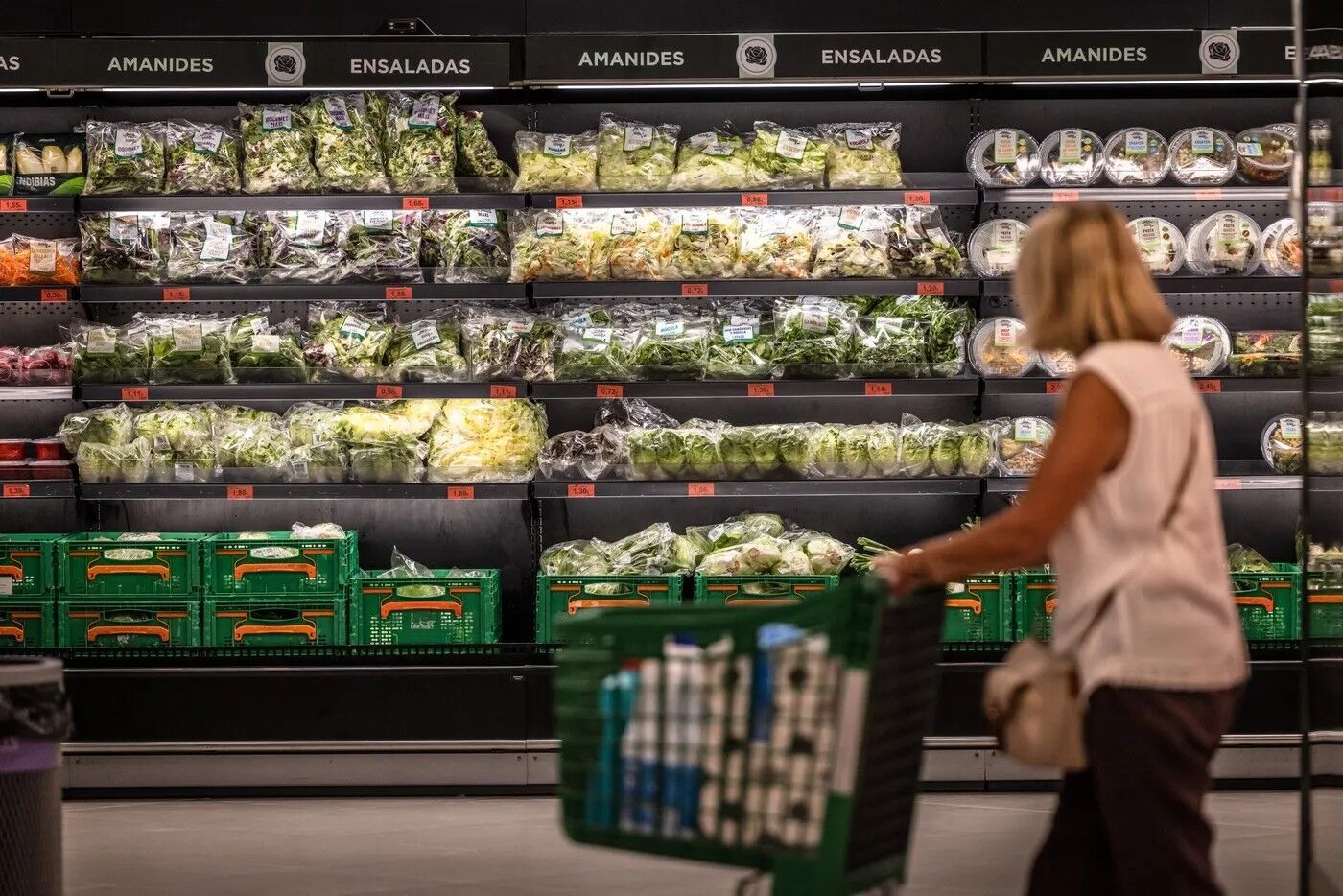Global Economic Risks from Climate Change: Impacts on Wealth Distribution

A recent study by the Potsdam Institute for Climate Impact Research (PIK), published in Nature Sustainability, explores how increasing weather variability due to global warming influences global economic production and consumption across different income groups. The poorest populations continue to face the most severe risks from climate change, but the study reveals a surprising trend: economic risks are growing fastest for the wealthy.
Erratic weather, intensified by global warming, exacerbates these risks, particularly in economies in transition such as Brazil and China. These countries, along with others, experience heightened vulnerability due to severe weather impacts and negative trade effects. As the planetary temperature rises, these risks are projected to worsen, causing ripples through global supply chains and affecting goods and services worldwide.
Anders Levermann, a scientist with PIK and one of the report's authors, emphasizes, "In the next 20 years, economic risks due to climate change will escalate. The poorest will still confront the highest risks, but the wealthiest will see the steepest increase, especially in the US and the EU. Consumers globally, irrespective of income, will face mounting challenges unless we transition to carbon neutrality."

The study highlights that poorer consumers are severely impacted by rising prices of essential goods, while wealthier consumers, integrated within global trade networks, face broader economic impacts. As global production is affected by climate change, the cost of goods rises, further straining both low and high-income consumers.
The report mentions that while economies with diverse trading partners might mitigate some risks, regions like Brazil and China are notably susceptible to trade disruptions and extreme weather. Despite the growing threats to the wealthier populations, easing the burdens on poorer groups remains crucial for policymakers. The report urges that poverty alleviation and reducing the vulnerability of lower-income groups should remain a priority since these groups face the highest overall risk levels.
Earlier, SSP wrote that a spectrophotometric study explored an early-type dwarf galaxy CGCG014-074.



















